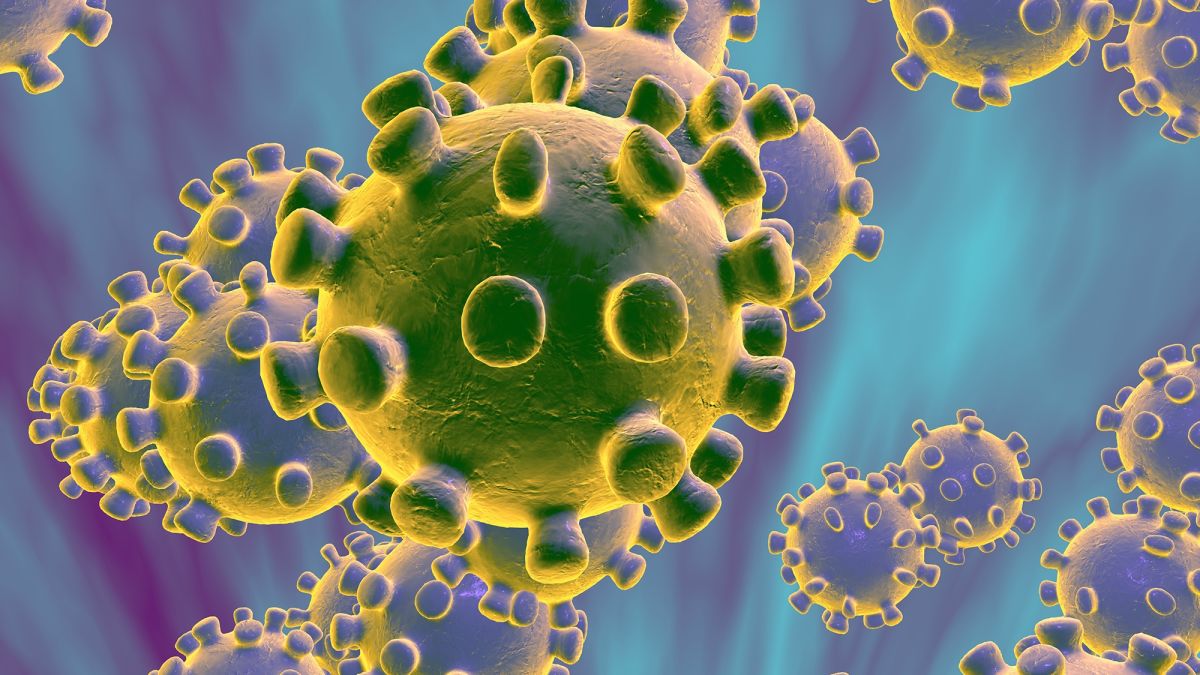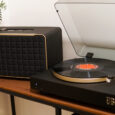The Office of the President has released a memorandum detailing the temporary directives and guidelines for “stringent social distancing” to be imposed to address the spread of the novel coronavirus (COVID-19) in the Philippines.
The measures will be effective from March 15 to April 14, 2020. They are as follows:
1. Classes and all school activities in all levels shall be suspended until April 14. The Department of Education (DepEd), Commission on Higher Education (CHED), and the Technical Educational and Skills Development Authority (TESDA), among others, must ensure all schools, universities, and institutions will provide adequate arrangements to allow students to continue fulfilling their requirements during the said period. Students must also stay at home during the suspension.
2. Mass gatherings such as movie screenings, concerts, sporting events and other entertainment activities, community assemblies, and non-essential work-related gatherings shall be prohibited. Essential work-related meetings and religious activities may continue so long as strict social distancing, defined as the strict maintenance of a distance of at least one (1) meter radius between and among those attending, is maintained during the entirety of the event.
3. General community quarantine is imposed in the entire NCR, wherein people will be limited to accessing basic needs and work and that uniformed personnel and quarantine officers will be present at border points. Local Government Units (LGUs) shall abide by the directives of the Department of Health (DOH) and the Department of the Interior and Local Government (DILG) in the imposition of general community quarantine in their respective jurisdictions.
All areas under general community quarantine shall implement the following:
a. Restrict the non-essential entry of people to the contained area, especially persons who are at high risk of being infected (i.e., 60 years old and above, immunocompromised or with co-morbidities and pregnant women), except (1) health workers, (2) authorized government officials, (3) those traveling for medical or humanitarian reasons, (4) persons transiting to airports for travel abroad, (5) persons providing basic services and public utilities, and (6) essential skeletal workforce; and
b. Prevent the non-essential exit of people out of the contained area, except (1) health workers, (2) authorized government officials, (3) those traveling for medical or humanitarian reasons, and (4) those who were granted entry based on the above-mentioned provisions, provided that all persons leaving the contained community must be checked for signs and symptoms (e.g., fever, respiratory symptoms, diarrhea) at exit checkpoints where (1) appropriate certification will be issued by the competent health authority (DOH or Provincial/City/Municipal Health Officer), (2) health authority endorses exiting person to recipient LGU, (3) exiting persons to undertake 14-day home-based quarantine, and (4) LGUs are required to monitor implementation of home-based quarantine.
However, if necessary, the DOH and the DILG may direct an LGU to impose enhanced community quarantine, wherein a strict home quarantine shall be implemented in all households, transportation shall be suspended, provision for food and essential health services shall be regulated, and the presence of uniformed personnel to enforce quarantine procedures shall be heightened.
4. Alternative working arrangements shall be implemented in the Executive Branch. All members of the Philippine National Police, the Armed Forces of the Philippines and the Philippine Coast Guard, and health and emergency frontline services are directed to continue full operation. The Legislative and Judicial Branches, as well as the independent constitutional bodies, are encouraged to adopt the same policy.
5. Flexible work arrangements are encouraged in the private sector. Advisories and guidelines by the DILG and DTI shall apply. All manufacturing, retail, and service establishments are advised to remain open. Strict social distancing must be observed by their respective management.
6. Mass transport facilities shall continue operation. The Department of Transportation must issue guidelines to ensure social distancing in public transports.
5. With respect to the restriction on land, domestic air and domestic sea travel to and from the NCR, all workers, whether employed or self-employed, will be provisionally allowed to travel. For this purpose, proof of employment and/or business must be presented at border checkpoints.
7. Land, air, and sea domestic travel to and from NCR shall be restricted. All workers, employed or self-employed, maybe provisionally allowed to transit to and from NCR subject to review by the IATF. Proof of employment and/or business must be presented at border checkpoints.
All departing passengers shall be allowed transit through the NCR provided that proof of confirmed international travel itinerary, scheduled within twelve (12) hours from entry, will be presented at checkpoints. However, outbound travel to countries where travel restrictions are in place remains prohibited.
The movement of cargoes shall be unhampered, regardless of origin or destination.
(ALSO READ: DOH Confirms 6th COVID-19 Death)
Overseas Filipino Workers will be allowed to travel to mainland China except to Hubei Province as long as they understand the risks involved. Inbound travelers from Iran and Italy (except Filipino citizens, including their foreign spouse and children, if any, and holders of Permanent Resident Visas or 9(e) Diplomatic Visas issued by the Philippine Government) shall be required to present a medical certificate issued by competent medical authorities within forty-eight (48) hours immediately preceding departure signifying that they have tested negative for COVID-19.
In addition, the DOH is authorized to grant exemptions, based on humanitarian considerations, in favor of outbound travelers who wish to travel to jurisdictions where restrictions are currently in place.
The Palace reiterates that all measures imposed are subject to the regular review by the President and the IATF in order to ensure that the virus would be contained and ultimately eliminated without extremely overwhelming the citizens in going about their daily lives.
Source: Office of the Presidential Spokesperson
Do you have a story for the WhenInManila.com Team? Email us at story.wheninmanila@gmail.com or send us a direct message at WhenInManila.com Facebook Page. Interact with the team and join the WhenInManila.com Community at WIM Squad!





